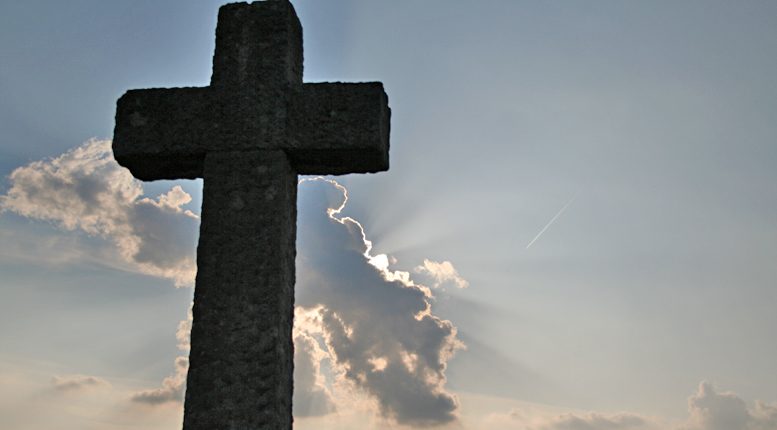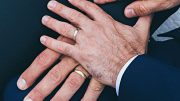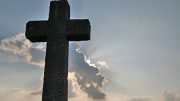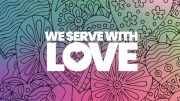Often times LGBTQ Muslim people are overlooked by many
Paul P. Jesep*/TRT Columnist—
Perhaps it goes without saying, if you can think of a faith, religion, or denominations within a religion, there are LGBTQ folks who were raised in it. Many still try to reconcile their spiritual upbringing with their understanding of a loving, inclusive Creator, especially if their childhood involved guilt, shame, and homophobia.
Many religions, or at least denominations within them, are wrestling with how to address LGBTQ civil rights. Although the Judeo-Christian heritage is given much attention, too often overlooked are LGBTQ Muslims.
Islam, like other world religions, is not monolithic. Christianity, for example, has several open and affirming denominations and even ordains LGBTQ clergy. The El-Tawhid Juma Circle demonstrates an openly LGBTQ person can be in a loving relationship while an observant Muslim. Just ask El-Farouk Khaki and his husband, Troy Jackson, co-founders of the Unity Mosque.
According to its website, the Toronto based Mosque supports the “inherent dignity of every human being regardless of gender, gender identity, sexual orientation, race, linguistic group, dis/ability, religion or class.” “Allah,” the site underscores, “is closer to each one of us than our own jugular vein, without distinction.”
According to El-Farouk Khaki, as reported by BuzzFeed News, women sit with men and anyone can call or lead prayer. Anyone can participate in the Friday service in person or by Skype.
As a student of world religions, I own three copies of the Qur’an. It’s a beautiful book with many wonderful teachings consisting of love, kindness, empathy, compassion, and fraternity. It even speaks respectfully and favorably of Jesus and the Virgin Mother.
Islamic scholar Scott Siraj al-Haqq Kugle writes in his book Homosexuality in Islam, Muslims are called to increase “awareness of God.” He adds that it is “also a warning to pursue a policy of social tolerance. The implication of this verse is that no Muslim is better than another …”
Kugle also writes a very enlightening chapter on Allah’s transgender children. He describes the spirit as “truly simple, indivisible, not bounded by space or corroded by time.” In contrast, the body “belongs to the created world of material objects …” And the spirit is “of God present in every person.”
In general, there are many misconceptions about the Qur’an. Extremists often dominate the news and insist on a spiritually restrictive Islam. You can see militants in Christianity when evangelicals, as one example, harshly disparage the LGBTQ community. At the same time, denominations such as the Episcopal Church and United Church of Christ are LGBTQ friends and advocates.
All religions come with complexities. The prejudices, insecurities, and cultural limitations of individuals who contribute to collective societies can weaponize faith and spirituality to further very destructive, discriminatory behaviors.
Religion also can be used as a guide to lift the human spirit challenging us to be kind, empathic, and compassionate, especially toward those who are broken, judge, and lash out. A relationship with a higher power can be enhanced or corrupted by people speaking on behalf of a religion.
Generally, religion isn’t the problem. Issues arise from the spiritual hubris of individuals acting unjustly and rationalizing emotional and psychological abuse in the name of a false god.
Experiencing the Giver of Life is an opportunity for every individual to develop a personal relationship with the holy and share in the transcendental, moving beyond the pain, pettiness, and divisiveness of the temporal world.
There are sacred truths in every world religion that can teach and comfort the LGBTQ community. If many contemporary religions leave you too unsettled, explore the ancient myths and legends of various cultures whether Celtic, Nordic, African, Native American or other. They too can lift the LGBTQ soul beyond the hatred and ignorance of this world.
*Paul is a personal chaplain, seminary trained priest, and lawyer in greater Albany, NY. He’s also the author of “Lost Sense of Self & the Ethics Crisis.”






